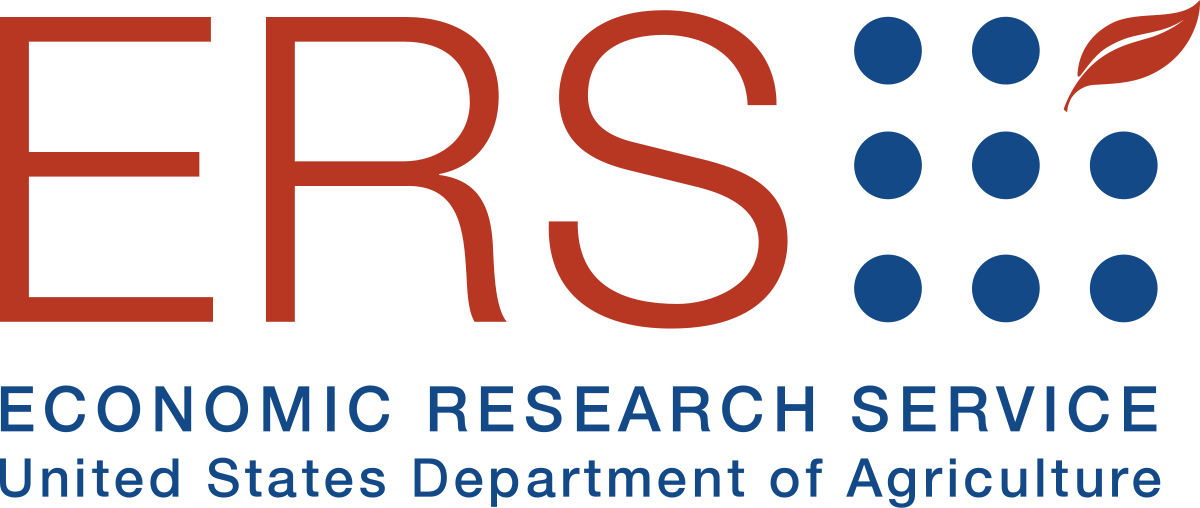The impetus for the grant proposal was the ongoing implementation process by the U.S. Food and Drug Administration on the Food Safety Modernization Act (FSMA) to improve produce safety.
In November 2015, FDA published the final version of the FSMA Produce Safety Rule after a public comment period on the proposed rule requirements. Of the revisions between the proposed Rule and the Final Rule, one of the most notable to the organic sector were changes made relating to the use of manure and the required application interval between applying untreated manure and harvesting crops covered by the FSMA Produce Safety Rule. FDA deferred from its earlier proposed 9-month minimum interval requirement to give the agency time to conduct research into determining an appropriate science-based application interval. FDA expects this process will take at least five years. In the meantime, organic operations covered under the Produce Safety Rule continue to follow the established National Organic Program regulations for application of raw manure, with 90- or 120-day application intervals. FDA has commented that it does not object to growers using the NOP application interval until the appropriate research is conducted.

Organic agriculture is one of the most strictly regulated agricultural systems, with a rigorously-enforced list of practices by which organic producers adhere. Certified organic producers are prohibited from using synthetic fertilizer on their crops. Instead, they often use animal-based soil amendments including manure and compost to improve their soil fertility and quality.
Last year, an OREI planning grant, which was conceived and written in collaboration with The Organic Center (TOC) and The Organic Trade Association (OTA) as well as others, was awarded to UC Davis to explore current practices used by the organic industry related to manure, compost use and rotational grazing. As part of that initiative, UC Davis, The Organic Center, the Organic Trade Association and other collaborators conducted farmer-focused public meetings, as well as online survey and interviews, to allow farmers to voice concerns and beliefs regarding the use of manure and compost and any potential associated food safety risks.
Building on the research plan developed by the planning grant, this project will provide critical information for guidelines on risk mitigation of foodborne pathogens for organic and sustainable agriculture.
Several studies have shown that the use of manure and compost has multiple positive environmental impacts, including increased soil health, higher soil biodiversity and reduced erosion. Improved soil health and microbial diversity have the potential to control the presence of soil pathogens which can impact food safety. But little research has examined the specific wait periods between manure application and crop harvest required to control pathogens, and how pathogen presence interacts with healthy soil in organic systems.
The specific goals of the project include:
- Develop a risk analysis of on-farm practices associated with persistence of pathogens on organic farms using manure and compost;
- Determine the relationship between soil health and pathogen survival in organically managed produce fields treated with animal manure;
- Develop a comprehensive outreach program to provide technical and systems-based produce safety training.







